The manufacturing industry is on the brink of a profound digital transformation, driven by a need for greater efficiency, enhanced customer experiences, and a more resilient supply chain. As we enter 2025, the manufacturing landscape will be radically different, with new technologies and business models reshaping how manufacturers operate. Salesforce and its partner Simplus are at the forefront of this revolution, providing the tools and services that will help manufacturers stay competitive in a rapidly changing environment.
Here are the top five trends to watch for in 2025:
1. AI-Driven Automation and Predictive Maintenance
The future of manufacturing will be powered by Artificial Intelligence (AI) and machine learning (ML), revolutionizing production lines and predictive maintenance. By 2025, manufacturers will increasingly adopt AI-powered solutions to streamline operations, reduce downtime, and optimize performance across their plants. Predictive maintenance, which uses AI to predict equipment failures before they occur, will be a game-changer, reducing maintenance costs and minimizing production disruptions.
Salesforce, through its Einstein AI platform, will play a critical role in helping manufacturers predict and prevent costly downtime. The Salesforce platform can integrate with IoT sensors on factory equipment to gather real-time data and analyze trends. AI-driven insights will help manufacturers schedule proactive maintenance, streamline inventory management, and make data-backed decisions.
Simplus, with its deep expertise in Salesforce implementations, can guide manufacturers in deploying these AI and IoT solutions efficiently, ensuring that every aspect of the operation is optimized for maximum performance. Our Business Transformation Services practice is particularly skilled in getting customers live with Agentforce and other AI tools cleanly and quickly.
2. Connected Supply Chain and IoT Integration
As manufacturers seek to increase supply chain resilience and flexibility, IoT and connected devices will take center stage. By 2025, nearly every aspect of manufacturing operations—from inventory to raw materials, production, and shipping—will be interconnected through IoT technologies, creating a real-time, data-driven ecosystem.
Salesforce’s IoT Cloud will enable manufacturers to collect, analyze, and act on data from machines, products, and suppliers. This connected environment will give manufacturers unparalleled visibility into their entire supply chain, allowing them to quickly identify bottlenecks, optimize inventory, and reduce lead times. Integration of Salesforce with IoT sensors and devices will create a seamless flow of data that can inform decisions at every stage of the production process.
Simplus provides the expertise to help manufacturers integrate IoT technologies with Salesforce’s cloud-based solutions, ensuring that data flows smoothly across systems and processes. This interconnected supply chain will drive agility, enhance product traceability, and help manufacturers respond faster to market changes.
3. Advanced Customer-Centricity through Digital Twins
As customers demand more personalized products and services, manufacturers will increasingly turn to digital twins—virtual replicas of physical products or production processes. By 2025, digital twins will become critical tools for creating custom products, improving product quality, and enhancing customer engagement.
With Salesforce’s Customer 360 platform, manufacturers will gain a holistic view of the customer journey, integrating data from design, manufacturing, sales, and service to create highly tailored products and services. By linking digital twins to Salesforce’s Customer 360, manufacturers can simulate how a product will perform under various conditions, anticipate customer needs, and offer a truly personalized experience.
Simplus, with its deep experience in implementing Salesforce solutions, can help manufacturers build out the necessary infrastructure to support digital twin initiatives. This will allow manufacturers to offer more value to customers through the creation of products that are not only high-quality but also specifically designed to meet their unique needs. And with a Strategic Managed Services team providing the ongoing maintenance and optimization of your Salesforce instance, your team will have more time to develop those products.
4. Sustainability and Circular Economy
Sustainability is increasingly becoming a key business imperative. By 2025, manufacturers will be under more pressure to not only meet regulatory requirements but also embrace sustainability initiatives that contribute to a circular economy. This includes designing products for reuse, minimizing waste, and reducing carbon footprints.
Salesforce’s Net Zero Cloud will help manufacturers track, measure, and report on their environmental impact. This powerful tool enables manufacturers to gather data across their operations to monitor energy consumption, waste management, and carbon emissions, driving sustainability initiatives from within the organization.
Simplus can assist manufacturers in leveraging Salesforce’s tools to integrate sustainability into their core business practices. By combining data from manufacturing processes with sustainability metrics, Simplus can help manufacturers develop more sustainable production strategies, reduce environmental impact, and ultimately contribute to the circular economy.
5. Flexible Workforce and Collaboration Tools
The manufacturing workforce is evolving, with a growing reliance on remote collaboration, gig workers, and digital labor. By 2025, manufacturers will need to create more flexible and adaptive work environments to ensure productivity while meeting the demands of a changing labor market.
Salesforce’s Slack platform will play a significant role in fostering collaboration among workers, regardless of their physical location. Whether on the shop floor or working remotely, Slack can connect teams in real time, share information instantly, and streamline communication. Additionally, Salesforce’s Work.com provides tools to manage workforce scheduling, training, and performance, helping manufacturers ensure that they have the right talent in place, with the necessary skills, when needed.
Simplus, as a Salesforce partner, can support manufacturers in implementing these collaborative tools, ensuring that their workforce remains agile and effective in the face of new challenges.
As digital transformation accelerates, manufacturers will need to embrace new technologies and adapt to an ever-evolving business environment. In 2025, AI, IoT, digital twins, sustainability practices, and workforce innovation will redefine the way manufacturers operate. Salesforce, with its suite of innovative products, and Simplus, with its expertise in Salesforce implementation, will be key enablers of this transformation, helping manufacturers to stay ahead of the curve in an increasingly digital world.
By adopting these trends, manufacturers can not only optimize their operations but also deliver a more responsive, personalized, and sustainable experience for their customers. The future of manufacturing is digital, and those who invest in the right tools and strategies today will be poised for success in 2025 and beyond.






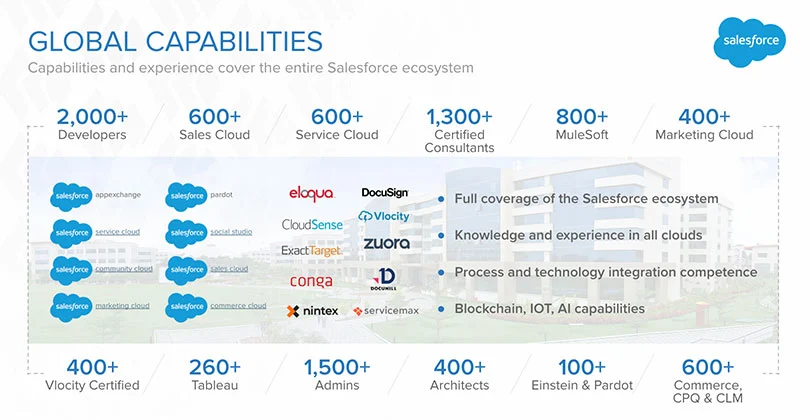
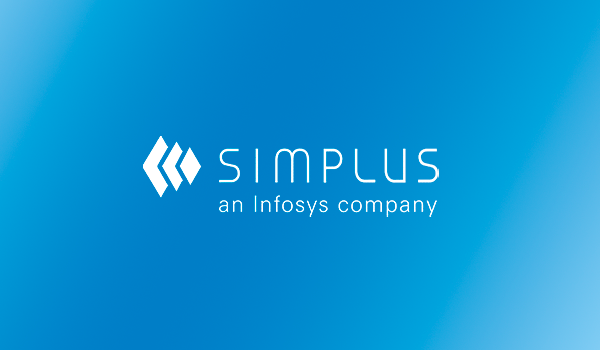

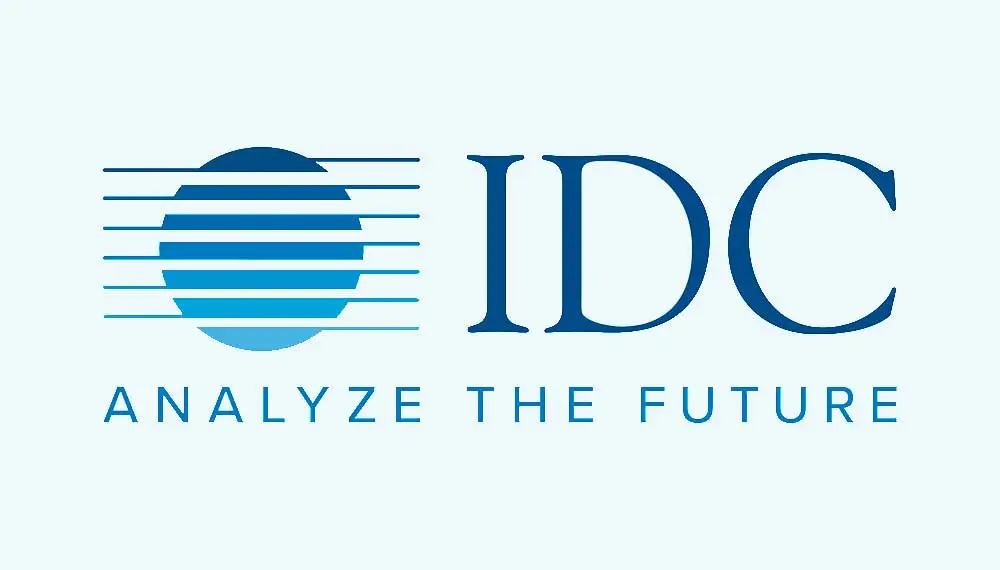

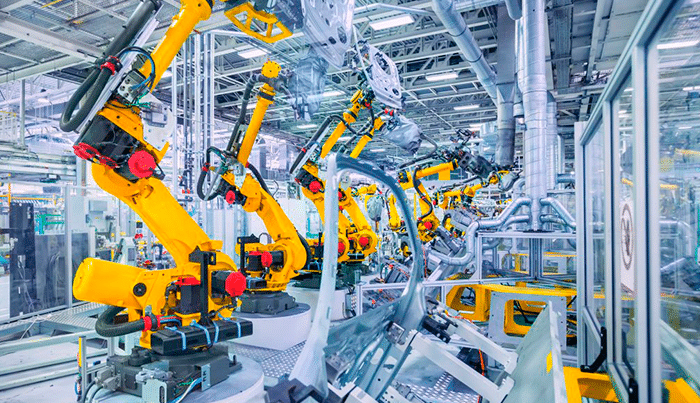













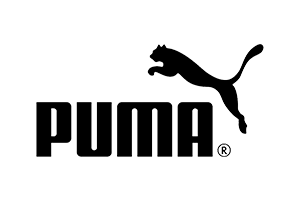






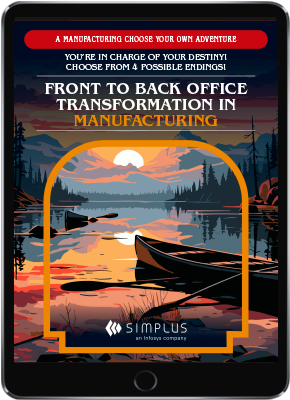





















0 Comments